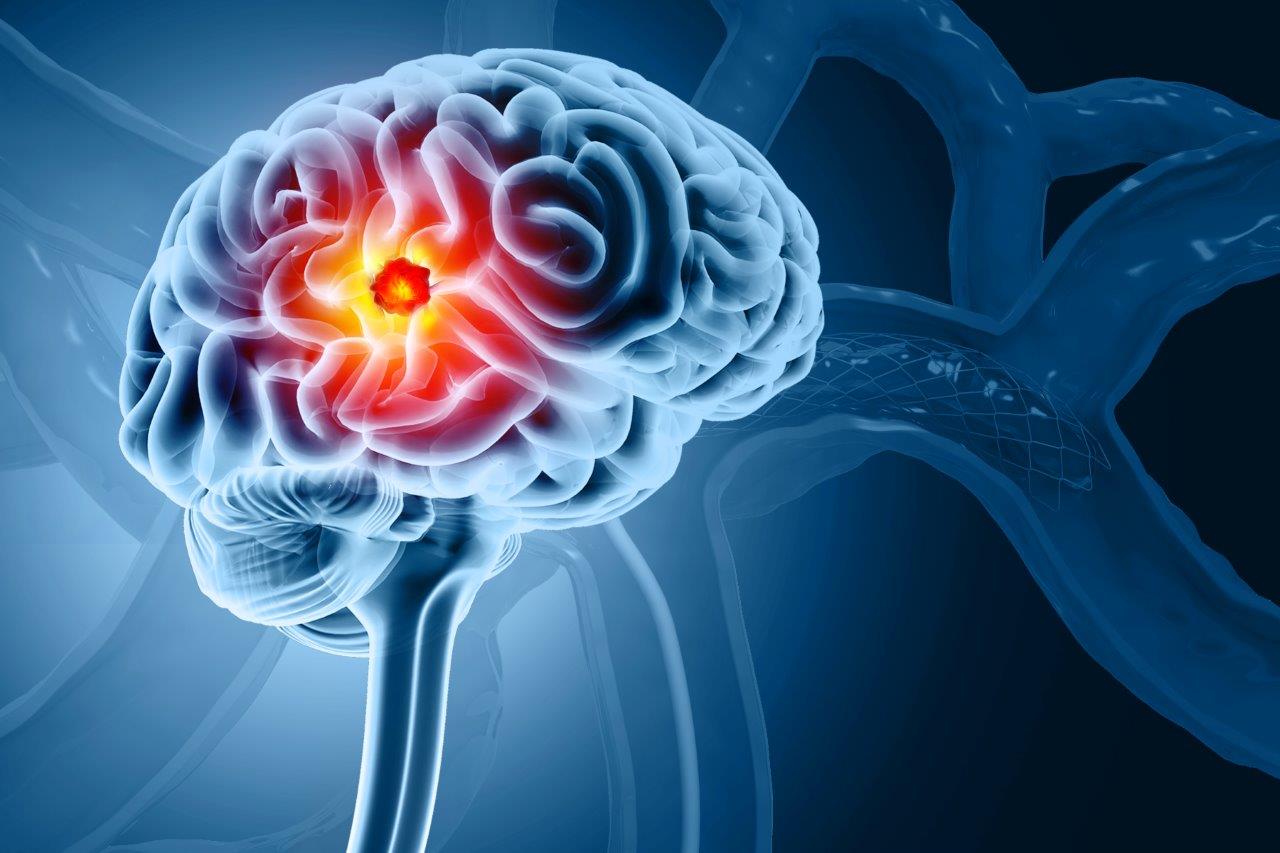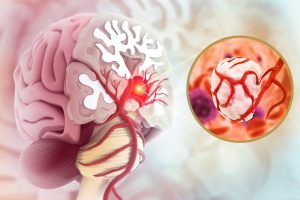
Brain Tumor Treatment in Dubai at Emirates Hospitals Group. Brain tumors are abnormal growths of cells within the brain or surrounding tissues. They can be benign (non-cancerous) or malignant (cancerous) and can arise from various cell types, including neurons, glial cells, and meningeal cells. The impact of a brain tumor on a person’s health can be profound, as it can disrupt normal brain function, leading to a wide range of neurological symptoms. At Emirates Hospitals Group, we are dedicated to providing comprehensive care for patients diagnosed with brain tumors, backed by our team of highly skilled oncologists recognized as the best in Dubai.

About Brain Tumor
Brain tumors can be classified into primary tumors, which originate in the brain, and secondary tumors, which result from cancer spreading from other parts of the body. Primary brain tumors can be further categorized into several types, including:
- Gliomas: Arising from glial cells, gliomas are among the most common types of brain tumors. They can range from low-grade to high-grade.
- Meningiomas: These tumors develop from the meninges, the protective membranes surrounding the brain and spinal cord, and are typically benign.
- Acoustic neuromas: These benign tumors affect the auditory nerve and can lead to hearing loss and balance issues.
- Pituitary tumors: Located at the base of the brain, these tumors can affect hormone levels and lead to various endocrine disorders.
The growth rate and location of the tumor play critical roles in determining the symptoms and treatment options.

Causes & Symptoms
The causes of brain tumors remain largely unknown, but several risk factors may contribute to their development:
- Genetic predisposition: Certain genetic disorders, such as neurofibromatosis, Li-Fraumeni syndrome, and tuberous sclerosis, increase the risk of brain tumors.
- Radiation exposure: Previous exposure to ionizing radiation, particularly during cancer treatment, may increase the risk of developing brain tumors.
- Immune system disorders: Conditions that weaken the immune system can increase susceptibility to tumor development.
Symptoms of brain tumors vary depending on their size, type, and location, but may include:
- Persistent headaches, often worsening over time
- Nausea and vomiting
- Seizures
- Vision, speech, or hearing difficulties
- Weakness or numbness in limbs
- Cognitive changes, such as confusion or memory problems
- Changes in personality or behavior
Given the potential for these symptoms to indicate various conditions, timely evaluation by a healthcare professional is essential.
Diagnosis
At Emirates Hospitals Group, our diagnostic process for brain tumors is thorough and involves several steps:
- Medical history and physical examination: A detailed review of the patient’s symptoms and medical history, along with a neurological examination to assess brain function.
- Imaging tests: Magnetic resonance imaging (MRI) is the gold standard for visualizing brain tumors. It provides detailed images that help identify the tumor’s size and location. Computed tomography (CT) scans may also be utilized.
- Biopsy: If a tumor is detected, a biopsy may be performed to obtain a tissue sample for histopathological examination. This helps determine whether the tumor is benign or malignant and provides information on its specific type.
- Neurological evaluation: Comprehensive testing may be conducted to assess the patient’s cognitive abilities, motor skills, and sensory functions.
Our advanced diagnostic tools and experienced specialists ensure accurate and timely identification of brain tumors, facilitating effective treatment planning.

Treatment
The treatment of brain tumors at Emirates Hospitals Group is tailored to the individual patient, considering factors such as tumor type, size, location, and overall health. Common treatment options include:
- Surgery: The primary treatment for accessible tumors is often surgical resection, which aims to remove as much of the tumor as possible. In some cases, complete removal may not be feasible, and partial resection may be performed.
- Radiation therapy: This treatment utilizes high-energy radiation to kill cancer cells or inhibit their growth. It may be employed post-surgery to target remaining tumor cells or as a primary treatment for inoperable tumors.
- Chemotherapy: Systemic treatment with anti-cancer drugs may be recommended, particularly for malignant tumors. Chemotherapy can help shrink tumors and prevent recurrence.
- Targeted therapy: This approach uses drugs that specifically target cancer cell characteristics, aiming to reduce side effects and improve effectiveness.
- Clinical trials: Patients may have the opportunity to participate in clinical trials exploring innovative treatment options and new therapies.
At Emirates Hospitals Group, our multidisciplinary team collaborates to provide comprehensive care, ensuring that each patient receives the most appropriate and effective treatment options available.
Frequently Asked Questions
A brain tumor is an abnormal growth of cells in the brain or surrounding tissues, which can be benign or malignant.
Symptoms may include persistent headaches, seizures, nausea, vision or hearing problems, and cognitive changes.
Diagnosis typically involves a medical history review, neurological examination, imaging tests (MRI or CT scans), and possibly a biopsy.
Treatment options may include surgery, radiation therapy, chemotherapy, targeted therapy, and participation in clinical trials.
Request an appointment
Please complete the details and we will book you shortly.
Request an appointment
Please complete the details and we will book you shortly.

